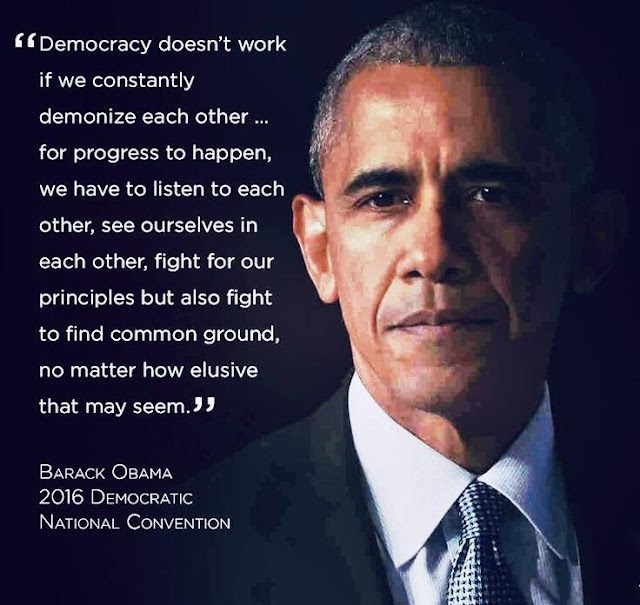As a follow-up to this earlier post, The Mind Is Fragile:
I see that Sam Harris is taking a break from railing against misinformation to defend "his friend" Joe Rogan.
Obviously this seems at the very least unnecessary if not absurd. But to me, it makes perfect sense. Joe Rogan is much more famous than Sam Harris, and Rogan has repeatedly been very deferential to and promotional of Harris.
Now even though Rogan is a "bad" human being and a significant net negative for the world, the human mind is simply not built to do utilitarian calculations. Our mind is meant to deal with small groups of people who we see every day. So if someone stronger and with more social power is kind and deferential to us, our brains simply can't help but view them as a "friend."
This is true for me as well. For decades, one of my best friends was someone who yearned for money and fame. I should have realized this when I heard him talk about famous vegans or look at big houses and ask longingly why that couldn't be him. But I remained blind to his true nature until 2014, when my blindness cost me everything I had built professionally.
Yet sadly, I didn't learn my lesson, again mistaking personal kindness for character until it cost me dearly last year.
One thing these situations have in common is an "enemy." Sam Harris constantly rages that people on "the Left" are mean to him on Twitter, so he sees this as a common enemy with Rogan. With me, the "enemy" was animal exploitation, as well as the general assumption that vegans are good people. (Har.)
I think this also explains a lot about the former guy's appeal. He is supposedly rich and powerful, and he says nice things about certain people and speaks harshly about "the enemy" (immigrants, Muslims, etc.). Many people thus see him as on "my side," even considering him "my friend." It is why the great despots always created an "us vs them" dynamic, demonizing Jews, Tutsi, Blacks, Muslims, Mexicans, Commies, Hippies, etc. It is why it does not seem unreasonable to fear for the future of democracy.

No comments:
Post a Comment